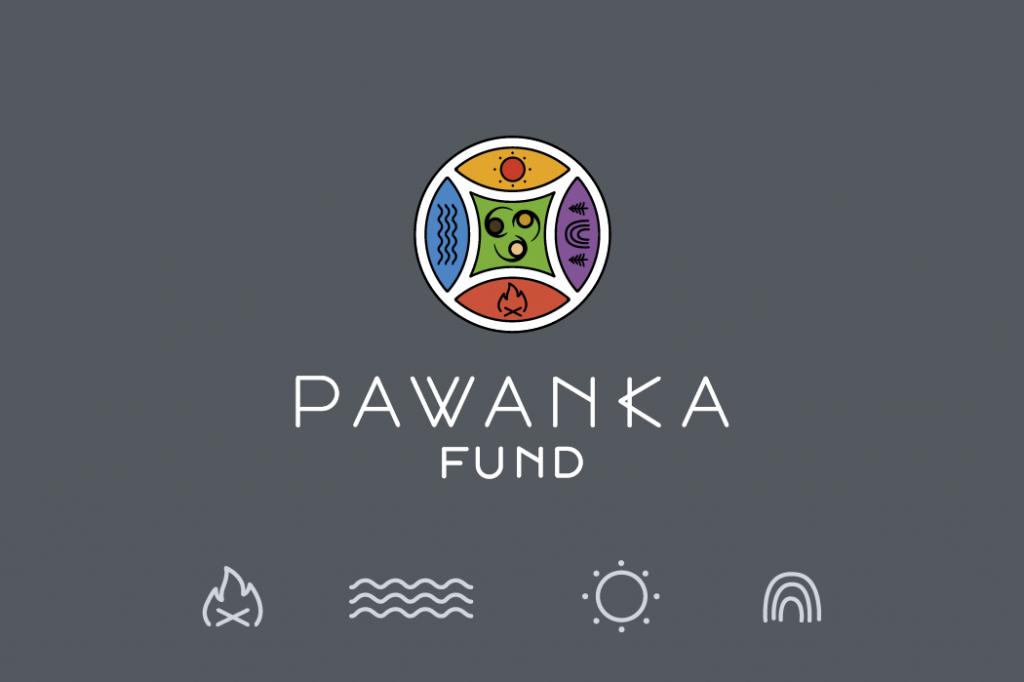The Baka pygmies in Cameroon, Central Africa have a wealth of knowledge on traditional healing and medicinal plants from their forests. Specific animals are also sources of treatment for particular ailments such as the shells of giant snails for lumbago, or leopard’s bones as aphrodisiac, or the turtle’s egg for haemorrhoids. It is interesting to note that in one community forest visit, the youths including girls and young women took part in the fabrication of ejengui raffia clothes, but women and girls are not allowed in the secret rituals including the wearing of ejengui clothes. The ejengui is the highest authority and guide of Baka culture and tradition. Traditionally, girls are forbidden in the initiation rituals of Ejengui membership which is reserved for all Baka male children above twenty years of age. However, it is the elderly women who are more knowledgeable than men in plants and are primarily involved in traditional medicine and healing systems.
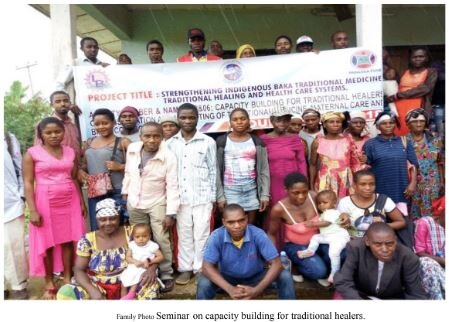
The Baka traditional healing system effectively cures ailments among the locals and mainstream communities, but remains a marginal option in the country and is in need of incentives, based on the healers’ testimonies. This reality compelled the Lelewal Foundation to launch a project that would boost the healing practice. Seventeen traditional healers from thirteen settlements were gathered for knowledge exchange and consultations on the Baka traditional healing systems and knowledge and to act on its perpetuation. They retraced the origin and methods of the practice and identified issues hindering the progress and assimilation of Baka traditional healing into the traditional African pharmacopeia. They probed the prospects and valorisation of the healing system that is appreciated by local and mainstream communities. They resolved to enhance their healing system and involve youths in a newly created platform for continuity and wider acceptance and sustainability of the practice.
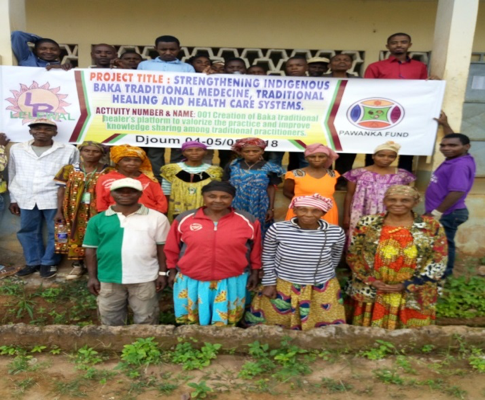
The healers saw the need for a cultural centre or hub, for their regular meetings where they can share updates and challenges and collectively work for solutions to strengthen their group and invite other Baka traditional healers to join their platform. The centre will make it possible for the general public to easily access them, and will also motivate and encourage youths to learn and practice the profession.
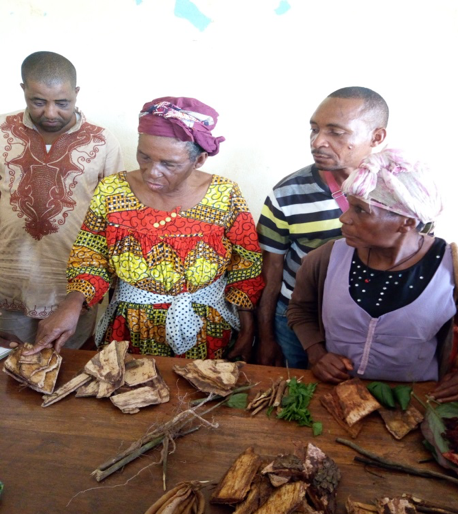
In this time of pandemics like HIV and AIDS, the healers focused on precautions such as the use of needles and razor blades in their healing practices. Their awareness and sensitization on HIV and AIDS is crucial to stop the threat among communities. Community leaders were involved in awareness raising seminars to prevent stigmatization of HIV patients that can cause further hazards to the victims. Medical assistance was given to those afflicted and their families.
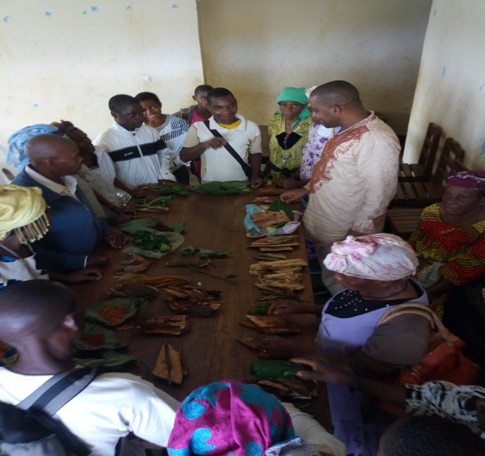
The Baka traditional healers advocate for the conservation and marketing of traditional medicine and healing systems to Baka associations and youth organizations. An exchange and exhibition of Baka pygmies’ traditional knowledge and medicine was held during the Ejengui Festival. Traditional chiefs and healers performed their traditional rites which are venues to collaborate for the preservation and promotion of the Baka culture and tradition while calling on the Baka youths as future leaders to learn about their customs and tradition.
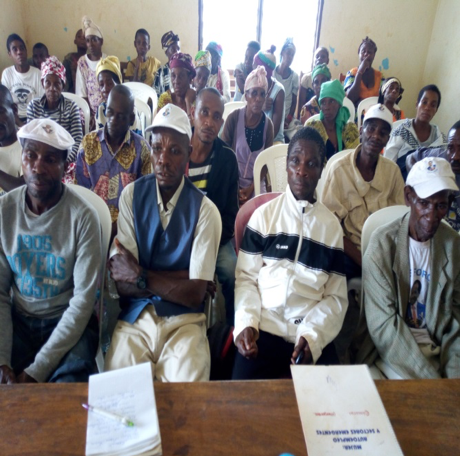
The project also enabled women community leaders to improve their capacity on maternal care and birth control to help their community women practice effective family planning. Young girls were sensitized on the dangers of early and unwanted pregnancies, sexually transmitted diseases (STDs) and HIV and AIDS. The women shared the problems they face in their communities such as rape, unwanted pregnancies and single motherhood under very poor condition. Community visits by women strengthen relations and support to women who are in difficult situations due to illnesses.
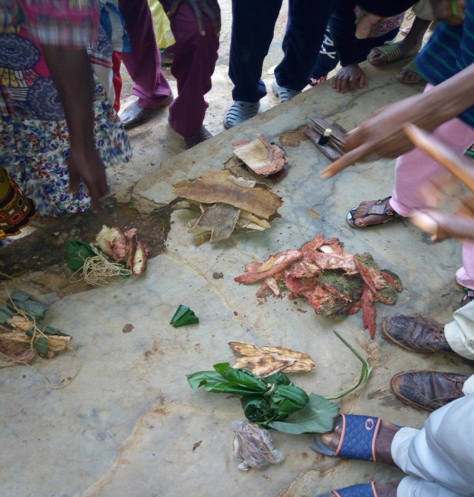
Consultations and Baka traditional healing were carried out where cases of some complicated diseases were treated such as chronic typhoid fever, malaria, sterility and sexual weaknesses.
Youth volunteers trained on HIV and AIDS and they disseminated relevant information on HIV and AIDS at the community level to be able to reach all the direct and indirect beneficiaries and address their health concerns during and after the project life span.
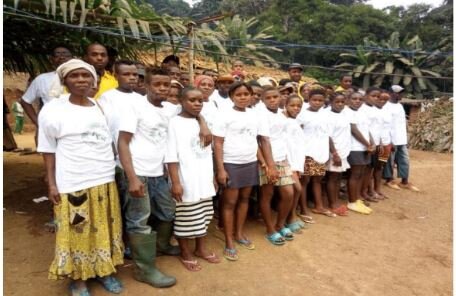
Despite the extreme weather condition that aggravated the already bad condition of roads that caused delays of the project staff to and from the project site, the project was implemented successfully. The beneficiaries’ low literacy level was hurdled by translation from English to French to Baka indigenous language. These factors were compounded by the non-recognition of Baka traditional medicine and healing systems by the concerned authorities and therefore the lack of avenues for propagation to the general public. There is still much to be done to connect these healing systems and modern medicine.
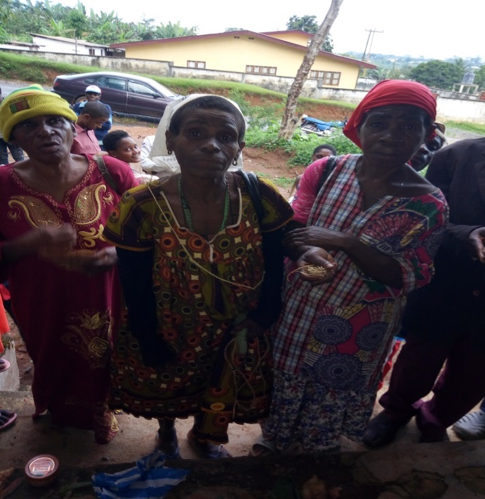
Indigenous Baka people have a vast reservoir of traditional medicine and African psycho-metaphysics healing systems. They are attached to their culture and traditions and are claiming public spaces to manifest their traditional knowhow. They also need more capacity building on health issues particularly the HIV and AIDS pandemics.
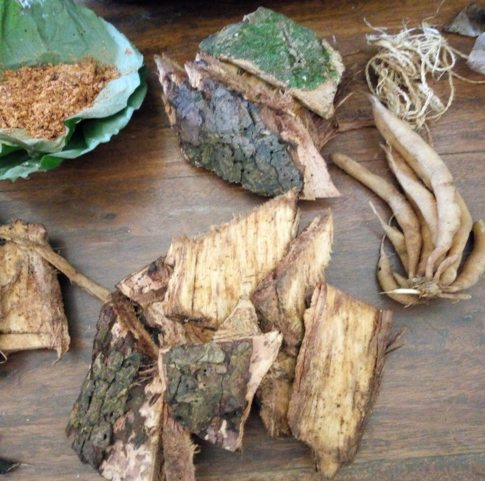
The project “Strengthening Indigenous Baka Traditional Medicine, Traditional Healing and Health Care Systems” was implemented by the LELEWAL FOUNDATION in Cameroon in August 2018 with the support of PAWANKA Fund.

